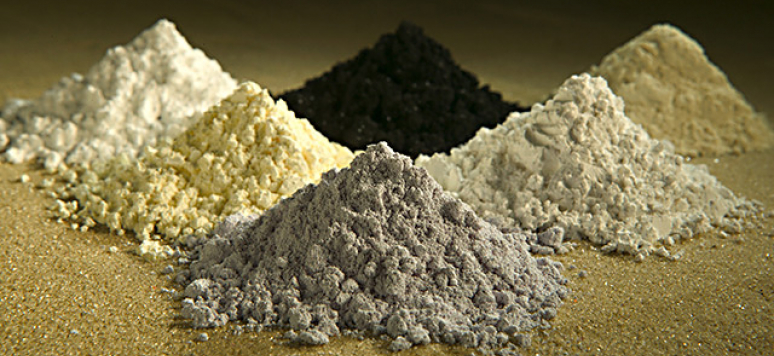L'Ifri dans les médias - Europe’s big rare earth discovery seen as ‘game changer’ in bid to address China’s dominance

Europe has been almost entirely dependent on China for critical minerals for years, but a newly unearthed million-tonne deposit in Sweden could help reduce that reliance
The discovery this month [1] of Europe’s largest-known deposit of rare earth oxides – estimated at more than 1 million tonnes – in Sweden’s far north has raised hopes of reducing reliance on China for critical raw materials.
China accounts for 60 per cent of the world’s mined rare earths, and its market dominance is “most importantly” about refinery, according to Alicia Garcia-Herrero, chief economist for Asia-Pacific at Natixis. For example, China holds 90 per cent of the mineral-processing capacity for cobalt, lithium and nickel.
“So, the [European Union] needs to either lower the environmental standards for refinery or find other places to refine,” she added.
Speaking at the World Economic Forum this month, Ursula von der Leyen, president of the European Commission, called for a levelling of the playing field by “de-risking, rather than decoupling [2]” from the world’s second-largest economy.
Acknowledging that Europe is “98 per cent” dependent on China for critical minerals in the process of clean-energy transitioning, she also underscored the European Union’s divergence from the US’s approach on trade with China.
What are rare earths used for?
Francoise Nicolas, director of the French Institute of International Relations’ Centre for Asian Studies, explained how rare earths are “essential” minerals for making electric cars and wind turbines, and that the European Union remains heavily reliant on imports from China.
In addition to its applications in clean-energy developments, rare earths also contain critical elements used in defence equipment.
A US military advocacy publication, Air & Space Forces Magazine, notes how rare earth elements are widely used in magnets for missile guidance; disk-drive motors installed in aircraft and tanks; satellite communications and radar systems.
Can the new deposit reduce Europe’s reliance on rare earths from China?
Nicolas at the French Institute of International Relations said that the discovery of such a massive deposit of rare earth elements in Europe “may turn out to be a game changer” because it may help the EU further reduce its dependence on Chinese imports.“It is worth stressing here that the point is not about decoupling from China, but simply about mitigating what is perceived as a situation of over-dependence and a source of vulnerability,” she said.
However, Andersson’s perspective is that there is “clearly political will” in Europe for the selective or partial decoupling from China in the technology sector. “The EU wants to maintain strong and healthy trade relations with China, but it is also concerned about the risks of over-reliance on Chinese technologies in some sectors, as well as about the lack of reciprocity in trade and investment practices,” he added.
But as Nicolas points out, it would take at least 10 to 15 years before the rare earths mined in Sweden hit the market. “Exploration of the site will not start for years, even if permits are delivered very fast,” she explained. “Moreover, the whole project is likely to face resistance due to its potentially harmful environmental and social impact.”
> Read the full article on the website of the South China Morning Post [3].
